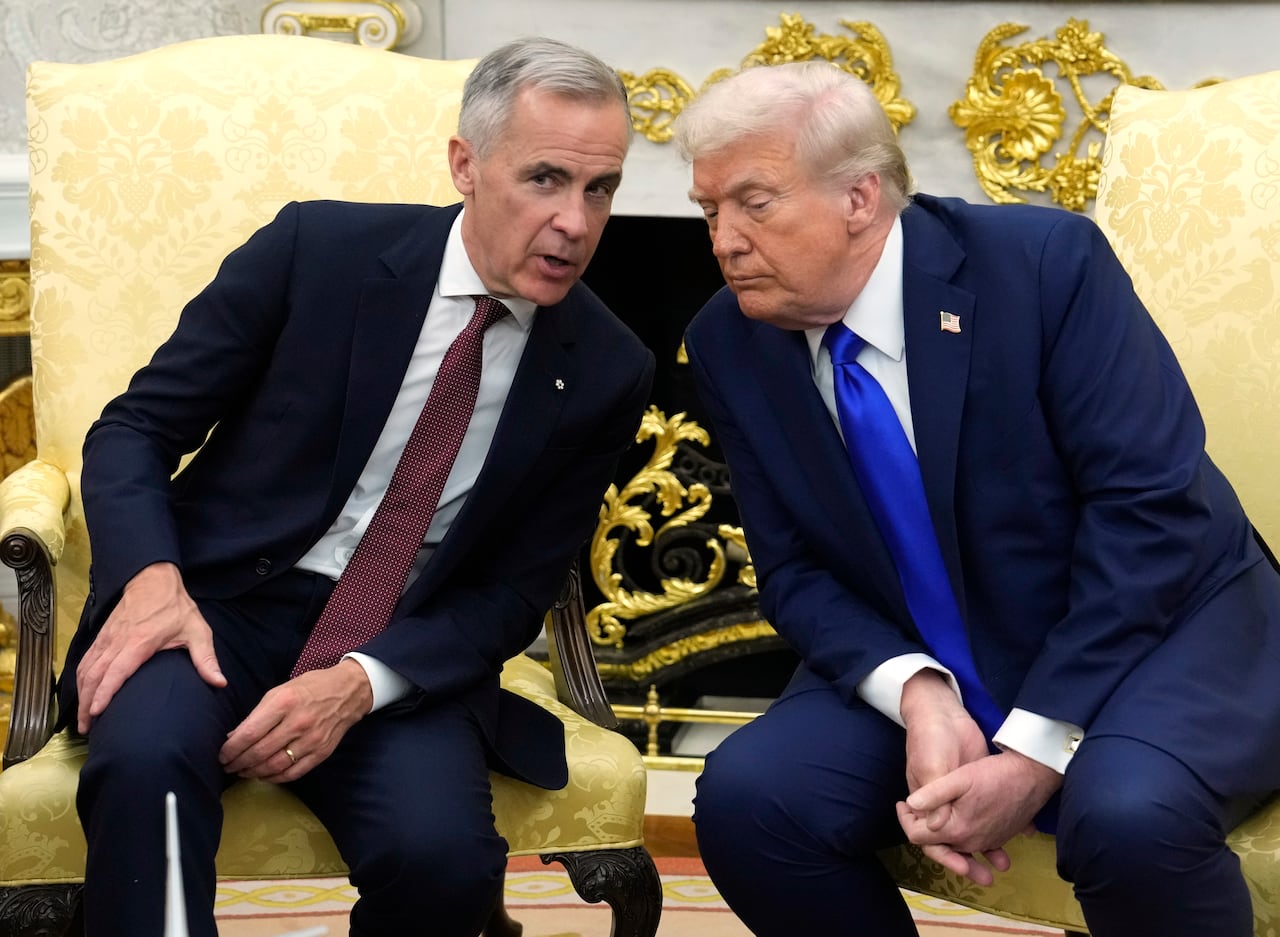An agreement with the Trump administration to cut tariffs on Canadian steel and aluminum exports to the United States is likely to be reached soon, says a former senior Canadian trade negotiator.
Tim Sargent was Ottawa's deputy minister of international trade from 2016 to 2018 when the Canada-United States-Mexico Agreement (CUSMA) was negotiated during President Donald Trump's first term.
Sargent told an audience in Washington on Wednesday that steel and aluminum talks have received new impetus after Trump hosted Prime Minister Mark Carney at the White House earlier this month.
“It is in the economic interest of the United States to reach agreement on these issues,” Sargent said during a panel discussion in the US Congress. Center for Strategic and International Studies, Washington think tank.
“Both sides are interested in a speedy resolution of these problems,” he added.
In a subsequent interview, Sargent said he would not be surprised if the steel agreement included a so-called tariff quota: allowing a certain amount of Canadian steel to be imported into the U.S. each year with zero or minimal tariffs, and then sharply increasing tariffs on all imports above the annual quota.
Sargent says the Trump administration is increasingly hearing from U.S. manufacturers opposition to tariffs on Canadian products along the lines of, “Why are you overpricing my intermediate inputs? All you do is make me less competitive with foreign imports into the US.”
The USA had 50% tariff on steel and aluminum imports from Canada and much of the rest of the world since June.
At the end of it October 7 meeting with Carney.Trump instructed two of his top trade officials—Commerce Secretary Howard Lutnick and Trade Representative Jamison Greer— “To get deals done quickly” on steel, aluminum and energy, according to Canadian-U.S. Trade Minister Dominic LeBlanc.
Trump 'likes things he calls deals'
Such The agreement could be ready to be signed by Trump and Carney at the Asia-Pacific Economic Cooperation (APEC) summit later this month. This was reported by the Globe and Mail. this week, citing two unnamed sources.
“The president really likes things he calls deals,” Sargent said. “The prospect of being able to stand in front of the APEC cameras with his new friend, the Canadian prime minister, and announce a deal, I think has some appeal for the president.”
Carney and his team are not directly denying the Globe and Mail's report, but they are trying to dampen expectations of an agreement by the summit.

“Let's see. We are in constant negotiations with the Americans, and I would not exaggerate,” Carney. This was reported to reporters in Ottawa on Tuesday.
Negotiations are underway”at a level of detail we haven’t seen before, but we still have work to do,” LeBlanc added.
While Sargent is optimistic about the prospects for quickly reaching an agreement to reduce tariffs on steel and aluminum, he is pessimistic about the chances that the CUSMA renegotiation will lead to a true free trade agreement with a protectionist administration like Trump's.
“The big problem for Canada — and I expect this to be true for Mexico as well — is that there is not much left for the U.S. in terms of market access,” he told a panel of experts on the future of North American trade and security.
This means Canada will have to renegotiate a free trade agreement with a partner that actually wants less free trade and is actively poking holes in the existing deal.
“The big fear is [CUSMA] becomes the Swiss cheese of agreement,” Sargent said.
Philip Luck, a former deputy chief economist at the U.S. State Department, told panelists that Canada and Mexico's best hope for tariff relief on steel, aluminum and auto imports is for the Trump administration to shift its focus to China's influence on the U.S. economy.
How trade negotiations in North America go next year will depend largely on “the extent to which the administration focuses on domestic manufacturing and bringing manufacturing back to the United States rather than limiting our exposure to some of the other economies, namely China,” Luck said.








